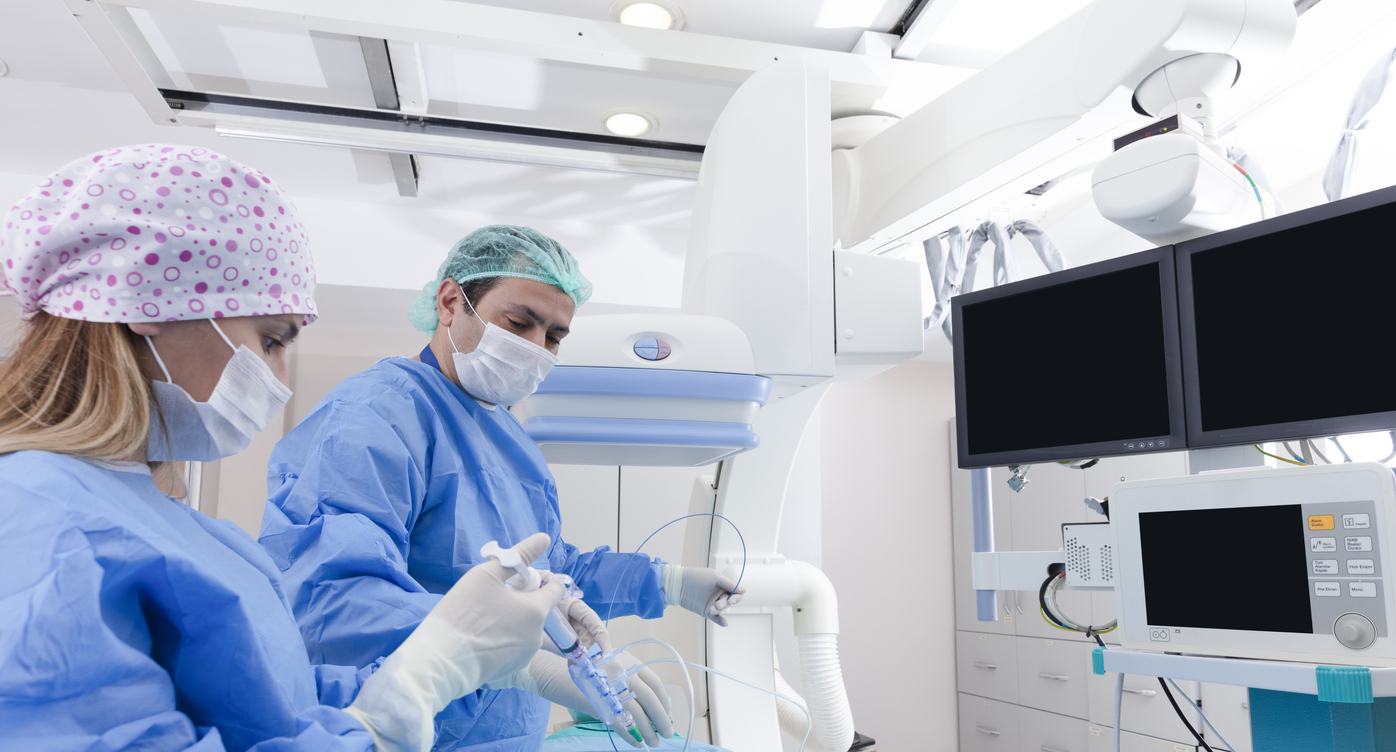Many people face health problems that feel hard to treat without surgery. Conditions like varicose veins, thyroid nodules, uterine fibroids, or liver lesions often need invasive procedures. Surgery can be scary. Recovery takes time. Risks are involved.
Luckily, modern medicine offers alternatives. Interventional radiology provides safe, non-invasive solutions. They work surprisingly well.
Finding the best interventional radiologist in India makes a big difference. These specialists use advanced imaging to treat tricky conditions. No large cuts and long hospital stays. They do procedures like ablation and embolization. The focus is precise. Studies show patients recover faster. They feel less pain. Outcomes are often better than traditional surgery.
For conditions like uterine fibroids, non-surgical options mean shorter hospital stays. This makes interventional radiology a convenient choice.

Understanding Interventional Radiology
Interventional radiology is a medical field that focuses on minimally invasive procedures. Doctors use imaging tech like X-rays, CT scans, or ultrasounds to spot the problem. Then they treat it accurately. This method targets the area needed without touching nearby tissues.
Common procedures include:
- Ablation for thyroid nodules, breast fibroadenomas, or liver metastasis.
- Embolization to control bleeding or cut the blood supply to abnormal tissue.
- Non-surgical treatment of uterine fibroids or high-grade varicocele.
- Angiography-based interventions for vascular problems.
- Vacuum-assisted excision for breast lesions. It removes small breast lumps or suspicious tissue with precision.
Patients get shorter recovery times and less pain. Being minimally invasive also lowers risks and improves results. Interventional radiology in India is growing in popularity because of these benefits.
Benefits of Non-Surgical Treatments
Non-surgical treatments offer many advantages over traditional surgery. One of the biggest benefits is minimal pain. Patients usually feel only mild discomfort during or after the procedure. Recovery is faster, and most people can return to their normal activities within a few days. In many cases, these procedures are done on an outpatient basis, so hospital stays are short or not needed at all.
Other benefits include:
- Lower risk of infection: No large incisions, which means fewer complications.
- Targeted treatment: Doctors focus only on the affected area. Healthy tissues stay untouched.
- Preservation of body function: Non-surgical methods cut the risk of long-term issues. Important for fertility or organ function.
- Quick recovery: Patients can sometimes get back to work or daily routines in days, not weeks.
- Less stress and anxiety: Minimally invasive treatment keeps patients calm and confident.
Choosing the Best Interventional Radiologist in India
An experienced interventional radiologist makes all the difference. They check each patient carefully. They explain every treatment option clearly. Then they create a plan that suits your needs perfectly.
When looking for the best interventional radiologist in India, keep these points in mind:
- Experience with a wide range of procedures: The doctor should handle ablation, embolization, and angiography-based treatments. Experience makes treatment precise and safe.
- Proven track record: Look for doctors who have treated thyroid nodules, uterine fibroids, varicocele, liver metastasis, or piles with non-surgical methods. Patient outcomes and reviews matter.
- Access to multiple hospitals and centers: Top specialists often work at several hospitals or diagnostic centers. It makes treatment easier to access. It also shows the doctor’s credibility.
- Patient-focused care: A good interventional radiologist explains options clearly. They answer questions. They set realistic expectations. The treatment plan is personalized. Comfort and results improve.
- Advanced imaging expertise: Interventional radiology relies on imaging like X-rays, CT scans, or ultrasounds. The doctor should use these tools with skill to guide treatment accurately.
A reliable interventional radiologist in India sometimes works with different hospitals and centers. They mix imaging expertise with procedural skills. This ensures safer, effective treatment. Patients get care that focuses on comfort, safety, and results.
Popular Non-Surgical Procedures
Several non-surgical treatments are widely used in India, thanks to interventional radiology. These procedures are now standard for many conditions. They work really well.
Ablation-based treatments:
- Radiofrequency or microwave ablation for thyroid nodules.
- Non-surgical treatment of breast fibroadenomas.
- Targeted ablation for uterine fibroids.
- Liver metastasis ablation for precise tumor control.
Embolization-based treatments:
- Blocking blood flow to a high-grade varicocele.
- Reducing enlarged prostates (BPH) without surgery.
- Non-surgical treatment of uterine fibroids.
- Controlling bleeding or treating multi-nodular goiters and large nodules minimally invasively.
Patients like these options. They bring relief without surgery. Recovery is faster. Discomfort is lower. And results often match surgical outcomes.
How Interventional Radiology in India Is Evolving
Interventional radiology in India has grown fast in recent years. Many hospitals and diagnostic centers now offer specialized procedures. Patients don’t need to travel abroad for minimally invasive care anymore. India has some of the top interventional radiologists. They combine modern imaging with expert procedural skills.
The field keeps improving with new techniques and equipment. Non-surgical options are now available for conditions that once needed open surgery. Many specialists also guide patients about treatment choices. This helps ease anxiety. It lets patients make informed decisions.
With rising awareness, more people are choosing non-invasive solutions over traditional surgery. They prefer treatments that are precise, safe, and less disruptive to daily life.
Conclusion
Non-surgical treatments have changed care for patients with complex conditions. Imaging-guided procedures cut risk. They shorten recovery time. And they work. Patients with thyroid nodules, uterine fibroids, breast fibroadenomas, liver metastasis, high-grade varicocele, enlarged prostates, or piles can now get safe, minimally invasive care.
With guidance from Dr Gaurav Gangwani, patients get personalized treatment across multiple hospitals and diagnostic centers in Mumbai. He provides ablation and embolization-based therapies. All without invasive surgery. His skill makes him the best interventional radiologist in India. Early consultation brings better results. Faster recovery. And a smoother treatment experience.



